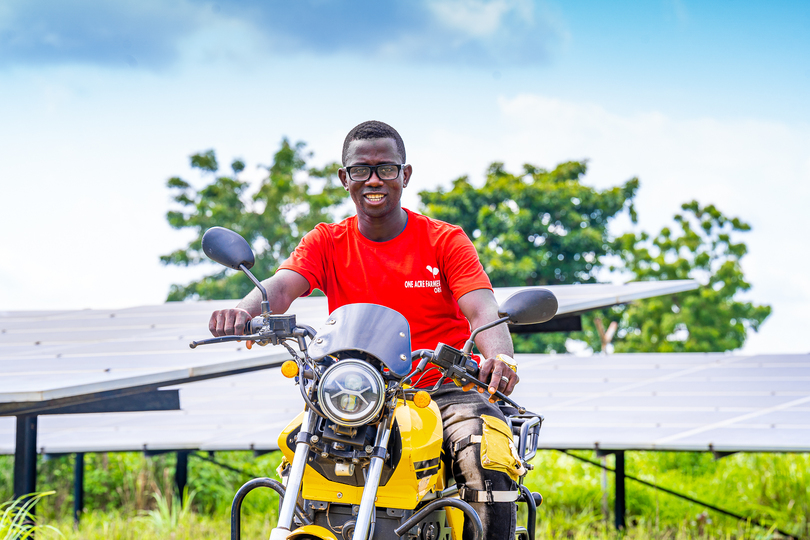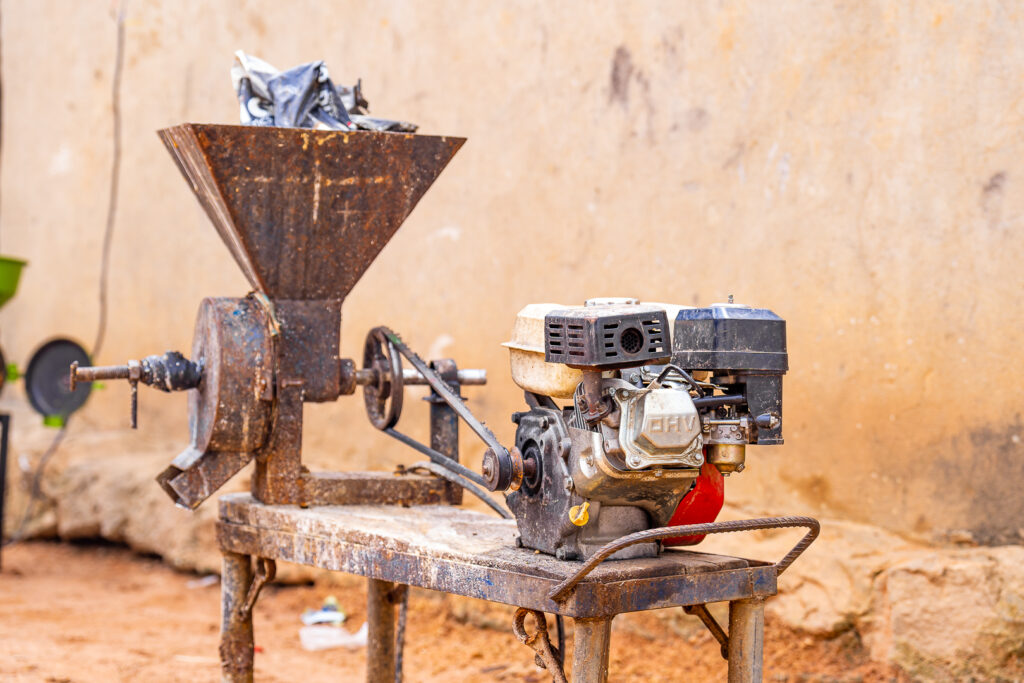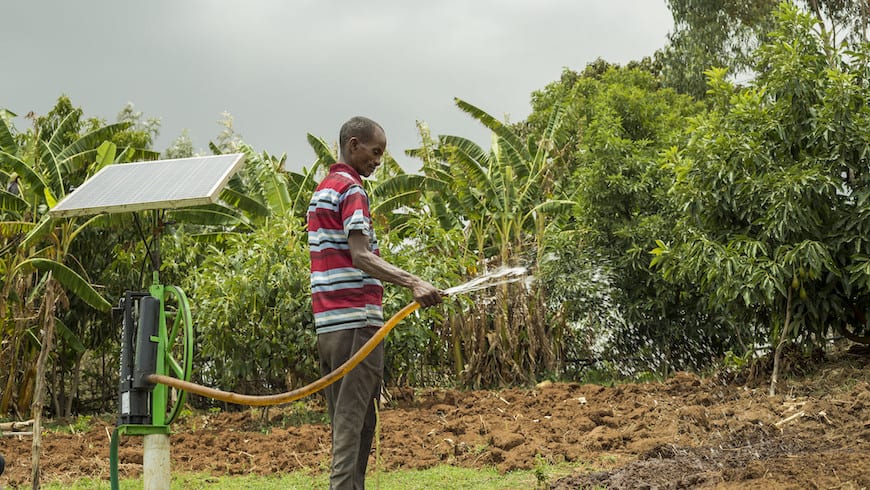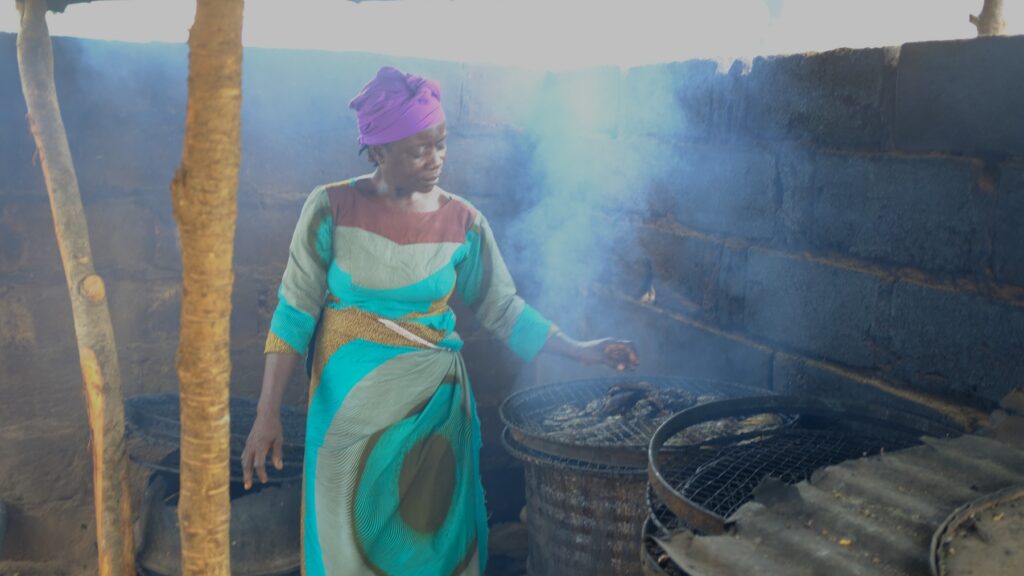Insights
Explore our latest news and publications, documents, and resources related to the work of the EAP.

Pilot Updates
December 21, 2023
In Gwam Village, Nigeria, two-wheeled electric vehicles are saving drivers on maintenance and energy through an Energizing Agriculture Programme pilot.

Pilot Updates
November 8, 2023
The REA-RMI Energizing Agriculture Programme is helping Nigerian farmers build viable businesses by providing efficient and cheaper-to-run electric rice mills with affordable financing options.

Insights
July 17, 2023
There are over 70 mini-grids in operation in Nigeria today. Most of these isolated power systems are powered by a combination of solar power, battery storage and small diesel generators that provide back-up power when needed, with the goal of delivering reliable clean energy to communities that are accessing electricity for the first time.

Pilot Updates
June 26, 2023
In Kiguna, Nigeria, a solar minigrid-powered cold room reduces post-harvest losses and increases profits for fishers and fish traders.